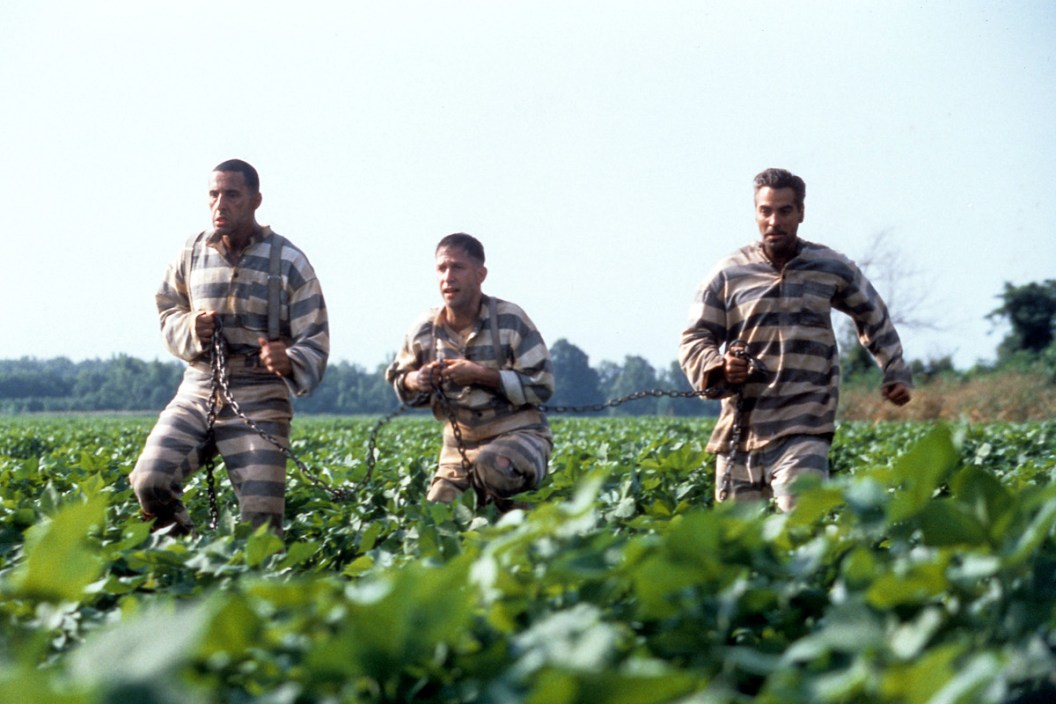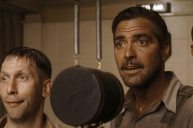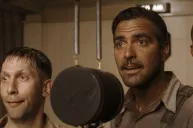The award-winning and chart-topping soundtrack of the 2000 film O Brother, Where Art Thou made bluegrass and old-time folk music mainstream while introducing a broad audience to the foundational songwriting of Harry McClintock ("Big Rock Candy Mountain"), Jimmie Rodgers ("In the Jailhouse Now") and Maybelle Carter ("In the Highways").
Videos by Wide Open Country
Other selections' initial prominence cannot be traced to a particular artist or songwriter. Traditional tunes in O Brother range from "Down to the River to Pray" -- a Black gospel hymn of unknown origin sung by Alison Krauss-- to the song most synonymous with the film: "I am a Man of Constant Sorrow."
Kentucky fiddler Dick Burnett first published words and music for a version of "I am a Man of Constant Sorrow," then titled "Farewell Song," in 1913. Later in life, Burnett admitted to journalist Charles Wolfe that he was unsure of the song's origin. In the early 20th century, the folk artists at the roots of country music frequently learned passed-down tunes during their travels or in their communities and altered them for their own use.
Old-time musician and Kentucky native Emry Arthur recorded the song in 1928 with its current title, "I am a Man of Constant Sorrow." In the 72 years that followed, the song became part of the bluegrass canon through the Stanley Brothers and entered the folk revival songbook via versions by Bob Dylan, Joan Baez ("Girl of Constant Sorrow") and Judy Collins ("Maid of Constant Sorrow"). There's lyrical changes in most of these notable versions. For example, Dylan says goodbye to Colorado, not Kentucky.
Five slightly different variations of "I'm a Man of Constant Sorrow" were recorded for O Brother, Where Art Thou: two for the film, two for the soundtrack and one for the music video. Each is credited to fictitious group the Soggy Bottom Boys and sung by bluegrass artists Dan Tyminski, Pat Enright and Harley Allen. Tyminski sang lead for George Clooney's character after it was decided that the actor's singing voice didn't suit a potential --and eventual-- real-life hit.
As for the arrangement heard in the film, it's based on the work of The Stanley Brothers' Carter Stanley: the brother and bandmate of "O Death" singer Ralph Stanley. Tyminski changed and played the guitar part of the arrangement for each version.
A who's-who of bluegrass pickers play on the O Brother recordings of the song, including Ron Block (banjo), Jerry Douglas (Dobro), Stuart Duncan (fiddle) and Mike Compton (mandolin).
Over 20 years after O Brother, "I'm a Man of Constant Sorrow" has remained part of pop culture, popping up in a capella group Home Free's repertoire and elsewhere.
READ MORE: From 'Texas Chainsaw Massacre' to 'X,' Country Songs Have Been Terrifying Horror Audiences for Decades
"I am a Man of Constant Sorrow" Lyrics (The Soggy Bottom Boys Version)
I am a man of constant sorrow
I've seen trouble all my day
I bid farewell to old Kentucky
The place where I was born and raised
(The place where he was born and raised)
For six long years I've been in trouble
No pleasures here on earth I found
For in this world I'm bound to ramble
I have no friends to help me now
(He has no friends to help him now)
It's fare thee well my old true lover
I never expect to see you again
For I'm bound to ride that northern railroad
Perhaps I'll die upon this train
(Perhaps he'll die upon this train)
You can bury me in some deep valley
For many years where I may lay
Then you may learn to love another
While I am sleeping in my grave
(While he is sleeping in his grave)
Maybe your friends think I'm just a stranger
My face, you'll never see no more
But there is one promise that is given
I'll meet you on God's golden shore
(He'll meet you on God's golden shore)




